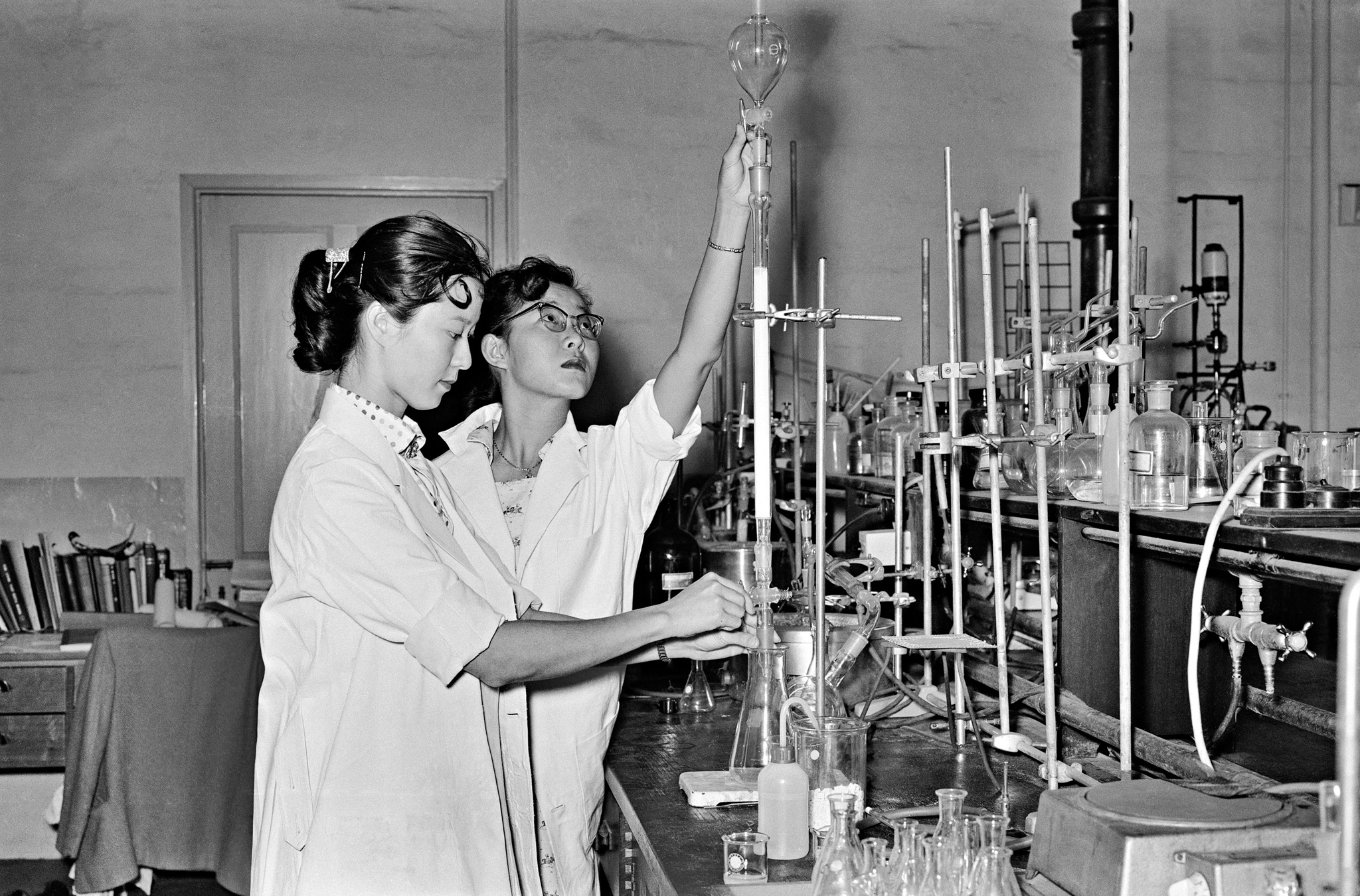Chemistry and chemical engineering are two closely related fields that are often
interchanged, and yet, they are distinct in their own ways. While both professions are
involved in the study of chemicals, their focus and the scope of their work differ in several
ways.
In this blog post, we will highlight ten key differences between chemists and chemical
engineers.
Education
Chemists and chemical engineers receive different types of education. Chemists typically
have a degree in chemistry or a related field, while chemical engineers have a degree in
chemical engineering. The former focuses more on the theoretical aspects of chemistry,
while the latter emphasizes the practical applications of chemistry.
Job Roles
Chemists and chemical engineers also differ in their job roles. Chemists typically work in
laboratories, conducting experiments, analyzing data, and synthesizing new compounds.
Chemical engineers, on the other hand, work in industries, designing and developing new
processes and products.
Objectives
The objectives of chemists and chemical engineers also differ. Chemists seek to understand the properties and behaviour of chemicals, while chemical engineers aim to apply this knowledge to create practical solutions for industrial problems.
Skills
Chemists and chemical engineers also have different sets of skills. Chemists require strong
analytical and experimental skills to design experiments, analyze data, and interpret results.
Chemical engineers require strong problem-solving skills, as well as an understanding of
engineering principles to design and optimize chemical processes.
Focus
The focus of chemists and chemical engineers is also different. Chemists focus on the
properties and behaviour of chemicals at a molecular level, while chemical engineers focus on the processes and systems that are involved in the production of chemicals.
Scope
Chemists have a narrower scope of work, typically working on a specific research project or
problem. Chemical engineers have a broader scope of work, working on a wide range of
projects involving the design and optimization of chemical processes.
Tools
Chemists and chemical engineers also use different tools in their work. Chemists use a
range of analytical instruments, such as spectrometers and chromatographs, to analyze
chemical properties. Chemical engineers use simulation software and process design tools
to optimize chemical processes.
Application
The application of the work of chemists and chemical engineers is also different. The work of
chemists are typically focused on fundamental research, while chemical engineers focus on
the practical applications of chemistry in industry.
Work Environment
Chemists and chemical engineers also have different work environments. Chemists typically
work in laboratories, either in academic or industrial settings. Chemical engineers work in a
variety of settings, including research laboratories, manufacturing plants, and engineering
firms.
Salary
Finally, chemists and chemical engineers differ in their earning potential. Chemical engineers
typically earn a higher salary than chemists due to their focus on practical applications in
industry.
In conclusion, while chemists and chemical engineers share many similarities, they also
have distinct differences in their education, job roles, objectives, skills, focus, scope, tools,
application, work environment, and salary. By understanding these differences, we can
appreciate the unique contributions of each profession to the field of chemistry and chemical
engineering.
Do you want to be a part of our amazing team? Are you looking for a career in chemicals, food, or life sciences? Check Our Work. Can’t find the right vacancy? Let us know! We have more to offer. Follow our LinkedIn company page!

